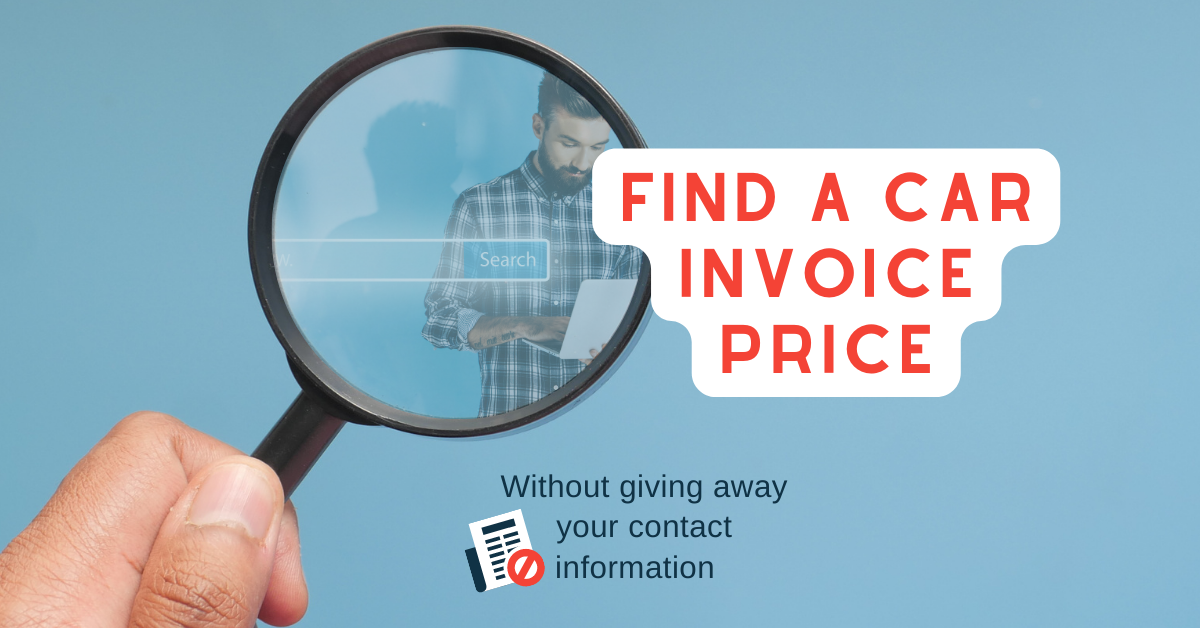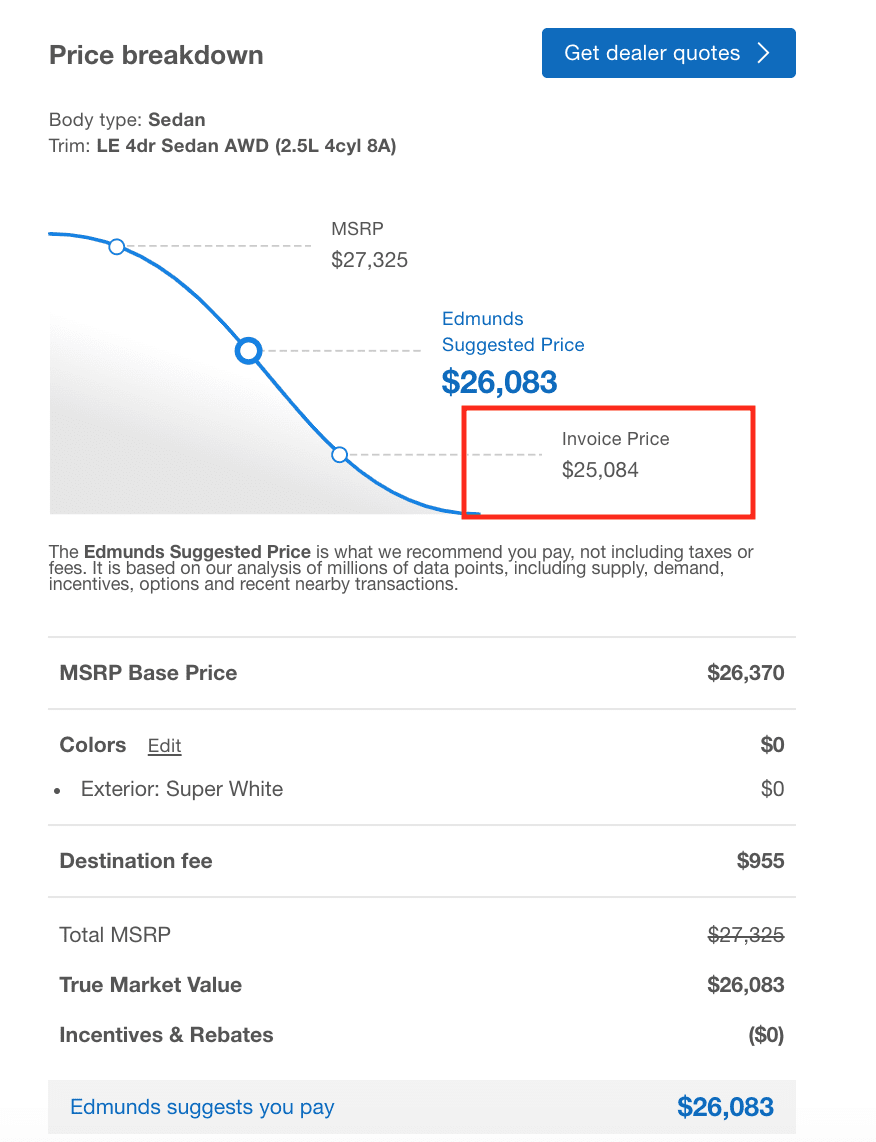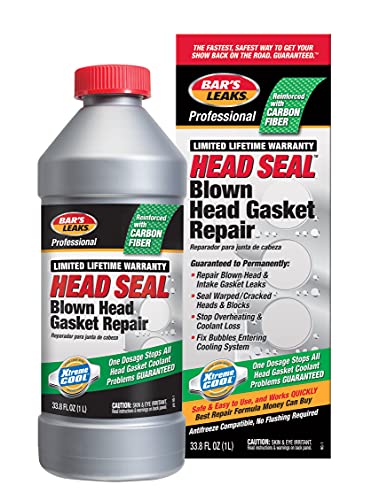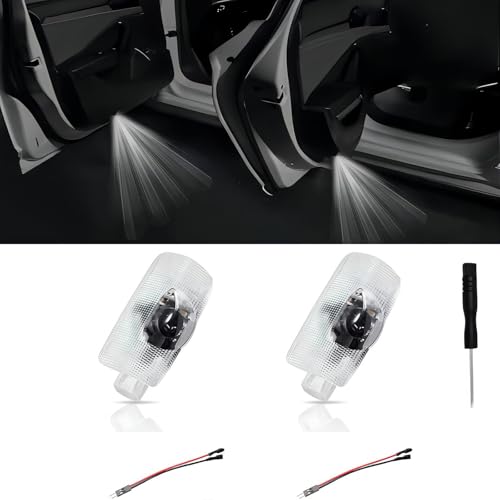How to Determine Car Price: Expert Tips and Tricks
Determining a car’s price can be tricky. Many factors influence a car’s value.
In this guide, you’ll learn how to determine car price accurately. When buying or selling a car, knowing its true value is crucial. The price of a car depends on its make, model, year, condition, and market demand. By understanding these elements, you can make informed decisions.
This knowledge helps you avoid overpaying or underselling. Whether you are a buyer or a seller, having a clear idea of car pricing empowers you. In the following sections, you will discover practical tips and tools to assess a car’s worth. This information will ensure you get the best deal possible. Let’s dive into the factors that affect car pricing and how you can evaluate them effectively.
Research Market Trends
Look at recent car sales to get a good idea of prices. Check different sources to find average prices. Local listings can help too. Prices can change based on location.
Analyze Recent Sales
Study prices from the past few months. This helps you see any patterns. Pay attention to similar cars. Compare their features and conditions.
Consider Seasonal Variations
Car prices can change with seasons. Winter might have lower prices for convertibles. Summer may see higher prices for family cars. Knowing these trends can help you decide the best time to buy or sell.
Evaluate Vehicle Condition
Evaluating vehicle condition is essential for determining car price. Check mileage, exterior, interior, and mechanical state to estimate value.
Inspect Exterior And Interior
Start with the car’s exterior. Check for scratches, dents, and rust. Examine the paint job. Make sure it is even and shiny. Inspect the tires for wear and tear.
Move to the interior. Look at the seats and carpets. Check for stains and tears. Test the air conditioning and heater. Ensure all lights and gauges work properly.
Check Mechanical Health
Open the hood. Check the engine for leaks and corrosion. Listen for any unusual noises. Inspect the battery and belts. Make sure they are in good condition.
Test drive the car. Pay attention to the brakes and steering. Ensure the car drives smoothly. Check the transmission for any issues. Look at the exhaust for smoke.
Understand Mileage Impact
Mileage significantly affects car value. Lower mileage typically means a higher price. High mileage often decreases a car’s worth.
Assess Miles Driven
Miles driven affects car value. High mileage often means lower value. Low mileage can mean higher value. Check odometer for accurate miles. Compare with average mileage for that car age.
Compare Similar Vehicles
Look at cars of the same make, model, and year. Compare their prices. Notice differences in mileage and condition. Use online tools to see price ranges. This helps set a fair price for your car.

Credit: yourcarbuyingadvocate.com
Review Vehicle History
Reviewing a vehicle’s history helps determine its value. Check records for accidents, mileage, and maintenance. Accurate history ensures a fair price.
Examine Service Records
Service records tell a lot about a car’s past. They show how often the car was serviced. Frequent servicing means good care. It’s a good sign. Look for regular oil changes. Check for major repairs. Regular maintenance means the car is reliable. Service records help in knowing the car’s condition.
Investigate Accident Reports
Accident reports are very important. They show if the car was in any crashes. Serious accidents can damage the car. Minor accidents are less of a worry. Look for details about the repairs. Check if the car has a clean title. An accident-free car is usually a better choice.
Consider Modifications
Adjusting for modifications can help determine car price accurately. Custom features or upgrades often increase a car’s value.
Evaluate Aftermarket Parts
Aftermarket parts can change a car’s value. Some parts may increase worth. Others might lower it. Check the quality of these parts. Are they well-known brands? Or are they cheap knock-offs? High-quality parts often add value. Poor quality parts can hurt the price. Ask an expert about the parts. They can give a better idea of value.
Assess Impact On Value
Modifications can affect resale value. Custom paint jobs might not appeal to everyone. Fancy sound systems could be a plus. But, some buyers prefer original parts. Think about the market. What do most buyers want? Use this to gauge your car’s worth. Keep in mind that extensive mods may not always help. Sometimes, they might even reduce value.

Credit: www.acvauctions.com
Factor In Location
Location impacts car prices significantly. Urban areas often have higher prices due to demand. Rural regions might offer lower prices for the same models.
Analyze Regional Pricing
Car prices can vary based on location. Urban areas often have higher prices due to demand. Rural areas might have lower prices. Check local listings to see trends. This helps in understanding regional differences. Prices in cities include more taxes and fees. Rural areas may offer better deals. Online tools can help compare prices in different regions. Look at multiple sources for accurate data. Always consider location when determining car price.
Consider Urban Vs. Rural
Urban and rural areas affect car prices differently. In cities, cars are usually more expensive. Higher demand drives up prices. Rural areas often see lower prices. Less demand means better deals. Check prices in both areas. You might find a good deal in a rural area. Urban areas add extra costs. More taxes and fees apply. Rural areas can save you money. Always compare both to determine the best price.
Utilize Online Tools
Discover the true value of your car using online tools. Access websites that provide detailed car price estimates. Compare prices and get accurate insights easily.
Check Price Guides
Price guides can help you find the right price for your car. These guides offer a range of prices. They consider the car’s make, model, year, and condition. You can look at different guides to compare prices. This will give you a better idea of your car’s value.
Use Valuation Calculators
Valuation calculators are also very useful. They ask for details about your car. This includes the mileage, condition, and location. After you enter the information, the calculator gives you a price range. This helps you understand how much your car is worth.
Consult Automotive Experts
Professional appraisers can help you find the right car price. They have tools and experience to give accurate values. This makes sure you do not overpay. Appraisers look at car condition, age, and market trends. They check for any damage or repairs needed. This helps in getting a fair price.
It is wise to ask different experts. Each one can provide a unique view. This helps in understanding the car’s worth better. Comparing prices from various sources is beneficial. It ensures you get the best deal. Different opinions help in making a smart choice.

Credit: www.reddit.com
Frequently Asked Questions
How To Find My Car’s Market Value?
To find your car’s market value, use online valuation tools like Kelley Blue Book. Compare similar listings on classified sites, and consider the car’s condition, mileage, and location.
What Factors Affect Car Price?
Factors affecting car price include the car’s make, model, year, condition, mileage, and location. Market demand and supply also play a crucial role.
How To Get The Best Price For My Car?
To get the best price, maintain your car well, keep service records, and clean it thoroughly. Consider selling privately for a higher price.
Is Mileage Important In Determining Car Price?
Yes, mileage is important. Lower mileage generally means less wear and tear, making the car more valuable compared to high-mileage vehicles.
Conclusion
Determining car price doesn’t have to be hard. Follow the right steps. Research market values. Compare similar models. Check for modifications and conditions. Use online tools for accurate estimates. Always negotiate for the best deal. Understanding these factors helps you make smart decisions.
Save money and avoid overpaying. Stay informed. Make wise choices. Happy car hunting!







